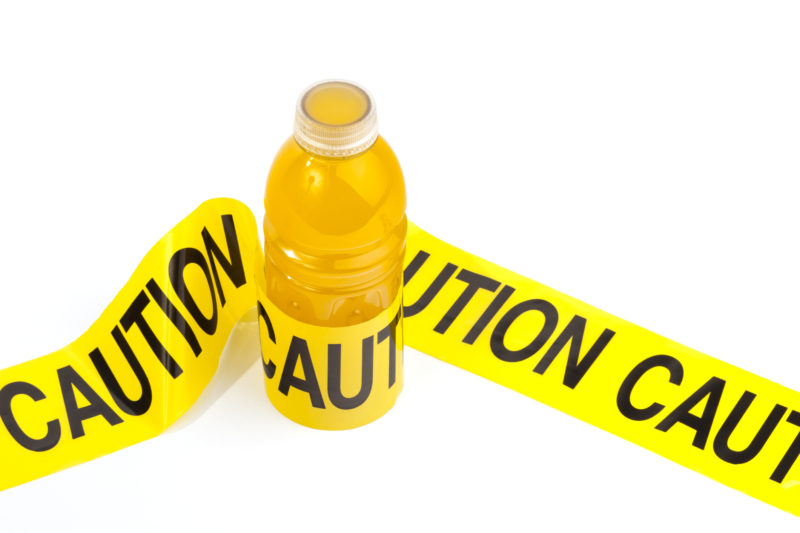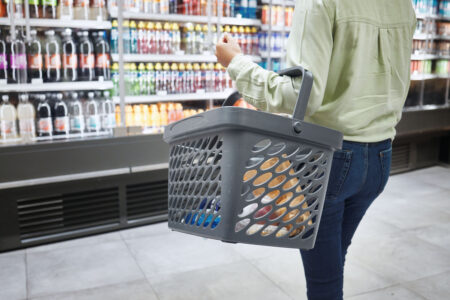
Share On Social!
Two years after Mexico implemented a soda tax, sugary drink consumption has decreased shows a new study.
According to the researchers at the University of North Carolina’s Gillings School of Global Public Health and the Executive Director of the Center for Science in the Public Interest, Michael Jacobson, the taxes are decreasing soda purchases as much as 5% in the first year of the tax and 4% in the second year.
Sugary beverages are a danger for Latino kids in America, where studies show 74% of Latinos have had a sugary drink by age 2 and Latino kids ages 0-5 years old consume more sugary drinks than the overall average.
Experts warn that sugary drinks bring increased risks for children and teens, who often face higher risks for unhealthy weights, heart disease, high blood pressure, sleep apnea, cancer and asthma and on a psychological level, they can be bullied and have low self-esteem.
More and more countries across the world are seeing the dangers associated with consumption of sugary beverages and are working to reduce the health risks by increasing prices or creating sugary beverage taxes to deter consumers buying habits.
There is concern in America as well for the health of future generations and helping to ensure they do not grow up with unhealthy weights is vital to benefiting their future.
Current cities in America that are considering sugary beverage taxes include, Santa Fe and Seattle, where many cities have already started implementing the sugary beverage tax to decrease consumption and fund health or education.
To learn more about how you can get involved and learn more about ensuring the future for healthy Latino kids and all kids, click here.
By The Numbers
74
percent
of Latino kids have had a sugary drink by age 2 (vs. 45% of white kids)



